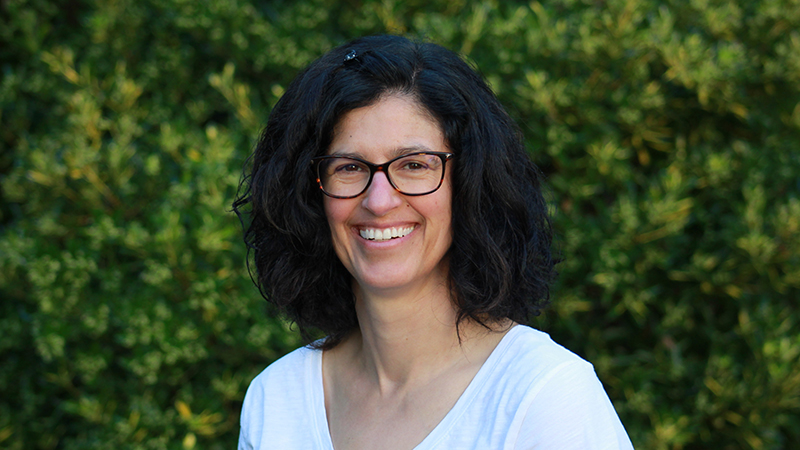
By Ronica Stromberg
North American scientific network has found that agriculture systems in the United States, Canada and Mexico lack information on their resilience and ability to avoid collapse.
University of Nebraska–Lincoln scientists Shana Sundstrom, Craig Allen and Tala Awada, along with the Network for Integrated Agricultural Resilience Research, found knowledge gaps in agriculture research on resilience concepts of heterogeneity, scale, regime shifts, thresholds and panarchy.
"We need a thorough assessment of extant research on agricultural systems that would clarify the extent and location of these knowledge gaps because the costs of exceeding an unknown threshold could be catastrophic, akin to the ignorance that created the Dust Bowl when unfettered tilling of the Great Plains coincided with a drought," network scientists said in a June 2025 Agricultural Systems article, "Addressing key issues and knowledge gaps in resilience science for agriculture."
Sundstrom, the main author of the article, said they reviewed scientific literature on resilience and found that while more than 100,000 papers used the word resilience in the title, far fewer used basic concepts of ecological resilience and applied them to agriculture.
"Even the topics that were the most commonly applied from a resilience perspective, there was not a huge number of papers using them," Sundstrom said. "So, it was a very useful endeavor for identifying deep knowledge gaps."
Network scientists reviewed 131 papers addressing at least one of the five concepts. Sundstrom said almost all the papers emphasized the importance of heterogeneity, or diversity, for agricultural systems’ continued function and persistence. The papers considered diversity in crops planted, animal breeds, markets, producers, insurance and so on.
"Every single paper that assessed heterogeneity showed the same thing," she said. "The more diversity the system had, the more resilient it was to disturbances."
Read the rest of the story at https://snr.unl.edu/aboutus/what/newstory.aspx?fid=1266